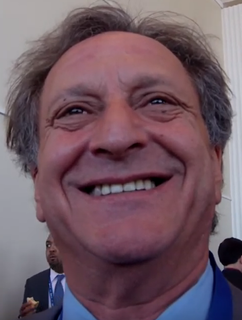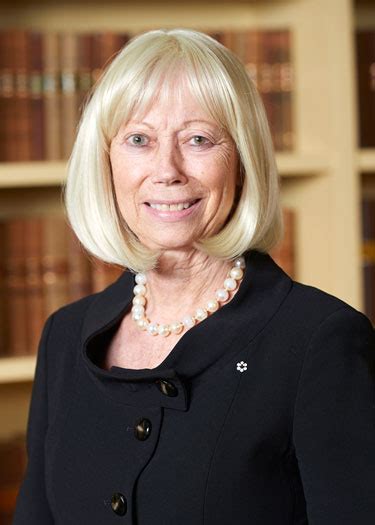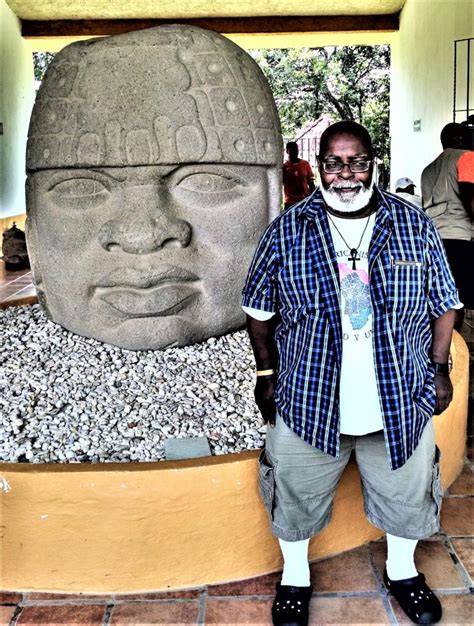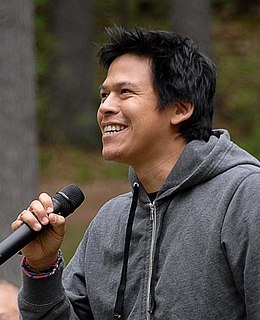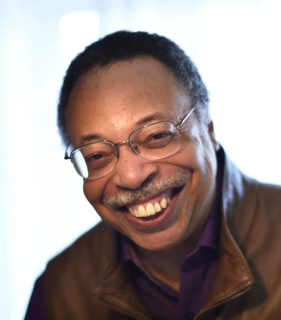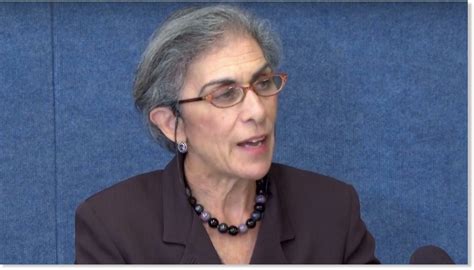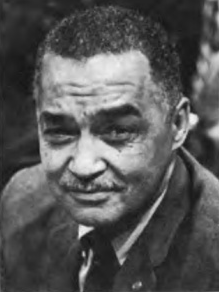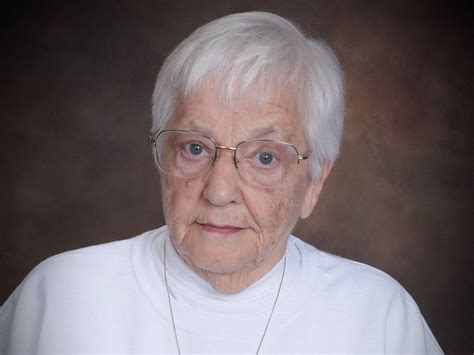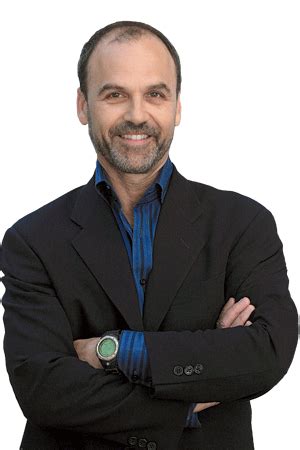Top 1200 White Racism Quotes & Sayings
Explore popular White Racism quotes.
Last updated on April 14, 2025.
To solve the new century's mounting social and environmental problems, people of color activist and white activists need to be able to join forces. But all too often, the unconscious racism of white activists stands in the way of any effective, worthwhile collaboration. The Challenging White Supremacy Workshop is the most powerful tool that I have seen for removing the barriers to true partnerships between people of color and white folks. If the CWS trainings were mandatory for all white activists, the progressive movement in the United States would be unstoppable.
This film isn't about "white racism", or racism at all. DEAR WHITE PEOPLE is about identity. It's about the difference between how the mass culture responds to a person because of their race and who they understand themselves to truly be. And this societal conflict appears to be one that many share.
I find that white people in general, including white liberals and even revolutionaries, are most inclined to call you a racist when they don't want to confront the ugly realities that their racism has created. In their eyes, when you attempt to address those realities from your perspective you become a racist.
We have to stop making excuses. One of the things that I'm careful to show is the horrendous effects of institutional and structural racism, but in the end, you can't wait for white man or a Black man to come riding in on a white horse to save you. We have to save ourselves, and that's the lesson of "The African Americans."
…“white supremacy” is a much more useful term for understanding the complicity of people of color in upholding and maintaining racial hierarchies that do not involve force (i.e slavery, apartheid) than the term “internalized racism”- a term most often used to suggest that black people have absorbed negative feelings and attitudes about blackness. The term “white supremacy” enables us to recognize not only that black people are socialized to embody the values and attitudes of white supremacy, but we can exercise “white supremacist control” over other black people.
Trump's blatant racism and demonization of Muslims, Mexicans, and immigrants also serves as a foil for white evangelicals. By othering these groups, Trump allows evangelicals to persist in their belief that white Anglo-saxon Protestantism is the default for true American Christianity and is best suited to lead America as a 'Christian Nation.'
Another response to racism has been the establishment of unlearning racism workshops, which are often led by white women. These workshops are important, yet they tend to focus primarily on cathartic individual psychological personal prejudice without stressing the need for corresponding change in political commitment and action. A woman who attends an unlearning racism workshop and learns to acknowledge that she is racist is no less a threat than one who does not. Acknowledgment of racism is significant when it leads to transformation.
The way racism works in Canada, it's very subtle. You may feel you're a victim of racism or have experienced racism, but you can't necessarily prove it - unless you get a [white] friend to go check out that rental, go check out that job, whatever. Unless you're willing to really dig to prove you're a victim of racism, it might be difficult to do that. And so what you're dealing with then is feeling, it's emotion.
And what is the Republican solution to these outrageous [racial] inequalities? There isn't one. And that's the point. Denying racism is the new racism. To not acknowledge those statistics, to think of that as a 'black problem' and not an American problem. To believe, as a majority of FOX viewers do, that reverse-racism is a bigger problem than racism, that's racist.
The problem is there are people in this country - maybe 10%, I don't know what the number, maybe 20% on a bad day - who want this President to have an asterisk next to his name in the history books, that he really wasn't President....They can't stand the idea that he is President, and a piece of it is racism. Not that somebody in one racial group doesn't like somebody in another racial group. So what? It is the sense that the white race must rule. That's what racism is. And they can't stand the idea that a man who is not white is President.
While having friends of color is better than not having them, it doesn't change the overall system or prevent racism from surfacing in our relationships. The societal default is white superiority, and we are fed a steady diet of it 24/7. To not actively seek to interrupt racism is to internalize and accept it.
I grew up in a predominantly white community - Hinsdale, Illinois - and given that, I feel blessed because I could still count my experiences with blatant racism on two hands. I thought racism was the substitute teacher picking on you because she assumes that you're a delinquent, and she doesn't know you have the highest score in the class.
White people are so unappreciative, they don't even acknowledge and understand what it means to be white in Canada, and all the layers of privilege that come with that. So they're shocked when somebody says, 'What just happened is racist,' and they said, 'Oh no, couldn't possibly be.' They see racism as people with KKK gowns and pointy hoods with eyes cut out. And we had those too.
In the U.S., while individual whites might be against racism, they still benefit from their group's control. Yes, an individual person of color can sit at the tables of power, but the overwhelming majority of decision-makers will be white. Yes, white people can have problems and face barriers, but systematic racism won't be one of them.
I see racism as institutional: the rules are different for me because I'm black. It's not necessarily someone's specific attitude against me; it's just the fact that I, as a black man, have a much harder time making an art-house movie and getting it released than a white person does about their very white point of view. That's racism.
We are still conditioning people in this country and, indeed, all over the globe to the myth of white superiority. We are constantly being told that we don't have racism in this country anymore, but most of the people who are saying that are white. White people think it isn't happening because it isn't happening to them.
The problem is that white people see racism as conscious hate, when racism is bigger than that. Racism is a complex system of social and political levers and pulleys set up generations ago to continue working on the behalf of whites at other people's expense, whether whites know/like it or not. Racism is an insidious cultural disease. It is so insidious that it doesn't care if you are a white person who likes Black people; it's still going to find a way to infect how you deal with people who don't look like you.
White privilege is the other side of racism. Unless we name it, we are in danger of wallowing in guilt or moral outrage with no idea of how to move beyond them. It is often easier to deplore racism and its effects than to take responsibility for the privileges some of us receive as a result of it... Once we understand how white privilege operates, we can begin to take steps to dismantle it on both a personal and institutional level.
Racism is when you have laws set up, systematically put in a way to keep people from advancing, to stop the advancement of a people. Black people have never had the power to enforce racism, and so this is something that white America is going to have to work out themselves. If they decide they want to stop it, curtail it, or to do the right thing... then it will be done, but not until then.
